Plastic pollution lines a beach, photo by Sergei Tokmakov, Pixabay
by Susan Hopp
In early August, the Intergovernmental Panel on Climate Change (IPCC) issued its latest report on the climate crisis and the impact of CO2 in our atmosphere from the burning of fossil fuels. Described as a “Code Red for Humanity” and summary assessments from scientists like “We are out of time”, ACS community members might be wondering what can I do?
The good news is each one of us can do many things, and when multiplied by others’ actions we will bring the changes we need to avoid total calamity. One impactful step we can take is to demand a halt to single-use plastic, with foodware as an easy start. While there are so many reasons to feel outraged by plastic waste, most people don’t make the connection between plastic and fossil fuel use – the core of our climate crisis. Yet single-use plastic is made from fossil fuel. Biobased plastic labeled "compostable" but rarely composted, is derived from industrial crops embodying carbon pollution in every step of growing, producing, transporting. Oil and gas companies see plastic as a replacement revenue stream as we move to renewable energy sources and electric vehicles. This is why the fossil fuel industry has plans to increase plastic production by 40 percent over the next decade with 700 new plants underway.
As plastics break down into increasingly smaller pieces they become impossible to remove from the ocean and make their way into a broad range of ocean fauna and humans who consume seafood. Photo by Bilyjan, Pixabay.
Our oceans are the habitat for the cetaceans and other wildlife we love. But healthy oceans have given us the weather that has allowed us to thrive as a species, the food that billions of humans rely on, and beyond numerous, priceless eco-services, they have absorbed 90% of the excess heat from global warming. This CO2 absorption has warmed our oceans, and made them more acidic with additional consequences. It is predicted that by 2050 there will be more plastic by weight in the ocean than fish. Think of that the next time you have the opportunity to say no to single-use plastic, and know that by saying no to plastic you are also saying no to climate change.
See below for additional resources and further action to take in order to say no to single-use plastic and climate change.
Rethink Disposables – http://rethinkdisposable.org/
Upstream - https://upstreamsolutions.org/
Plastic Pollution Coalition - https://www.plasticpollutioncoalition.org/
Surfrider - https://www.surfrider.org/initiatives/plastic-pollution
Susan Hopp is a strategist, educator, and practitioner of sustainable and regenerative management. She works with organizations to identify, formalize and execute sustainability strategies. Susan is a member of the Board of Directors of the American Cetacean Society, San Francisco Bay Chapter, and an adjunct faculty member at the University of San Francisco where she teaches Sustainability Leadership in the Environmental Management Masters program.


